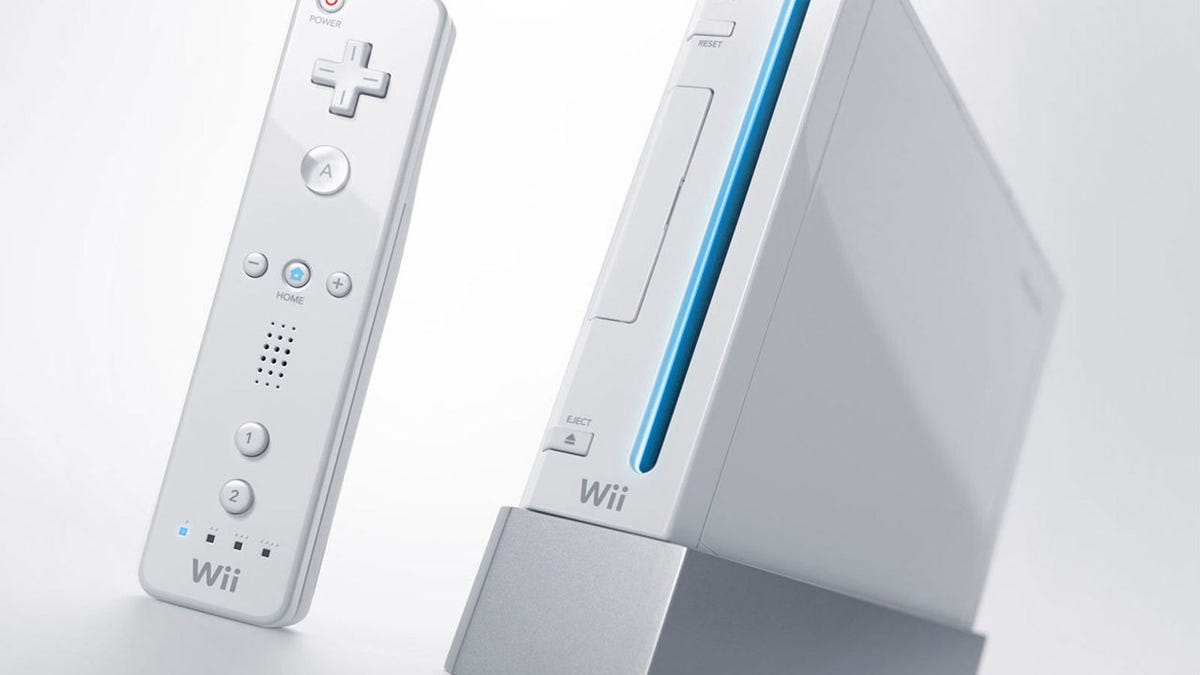Nintendo says sayonara to the original Wii
After racking up more than 100 million units sold worldwide, Nintendo ends production on one of its most successful pieces of hardware and focuses solely on the Wii U.

Nintendo on Monday pulled the plug on the original Wii, a modest end to the best-selling console of the current generation. The company hinted at the move earlier this month, and it has officially followed through with a simple posting of the words "seisan shuuryou," or "production ended," on its Japanese Web site.
The Wii, the first video game console to make motion control mainstream, was considered an underdog when it first hit store shelves in 2006. It didn't sport high-definition graphics -- an exclusion that made it the butt of many Sony and Microsoft fanboy jokes -- and skepticism was the order of the day for its apparent indifference to the hard-core gaming community and for its eagerness to rope in fitness junkies and families. But it went on to both outsell the Xbox 360 and PlayStation 3, with more than 100 million units sold worldwide.
When Nintendo Japan's Web page for the Wii read, "Manufacturing is scheduled to end soon," earlier this month, a Nintendo spokesman, speaking with AFP, confirmed the discontinuation, saying, "Our new generation Wii U console is already on the market and allows users to play software originally designed for the Wii."
Putting every ounce of its energy towards the Wii U may be a smartest move for Nintendo at this point. Despite the massive success of the original Wii, its successor's sales have been lackluster, forcing price cuts and pushing Nintendo to bet big on the nostalgia-driven success of legacy titles from its Super Mario, Zelda, and Donkey Kong franchises.
(Via Kotaku)

